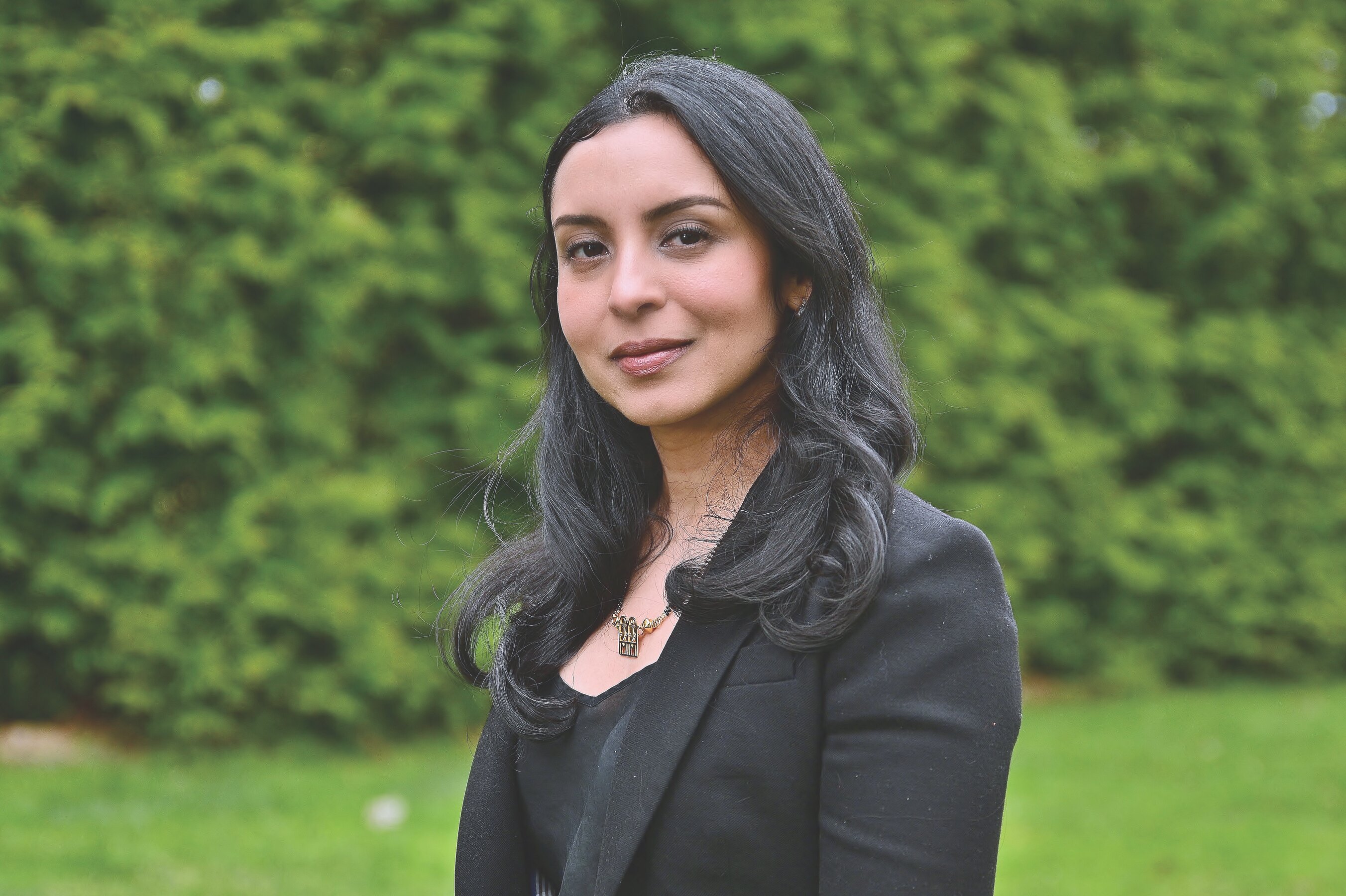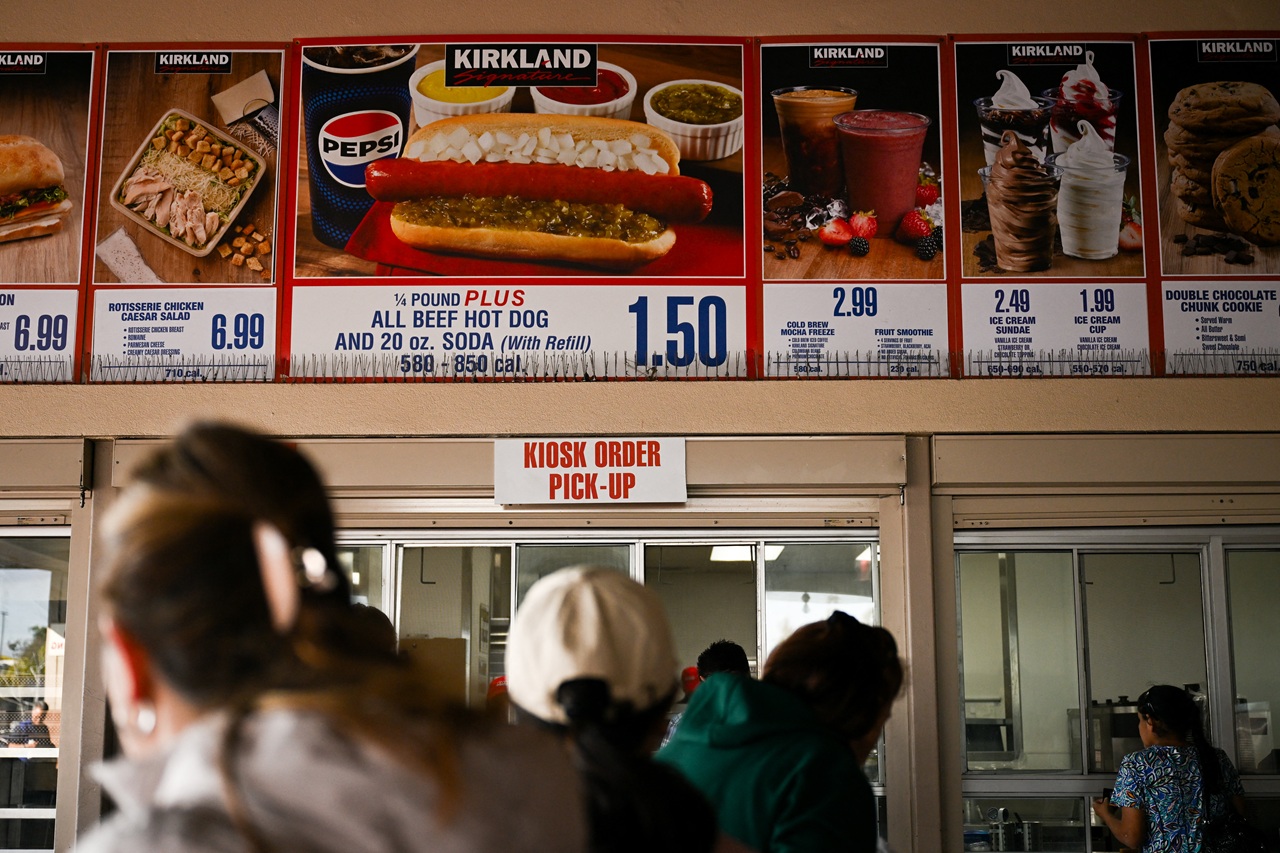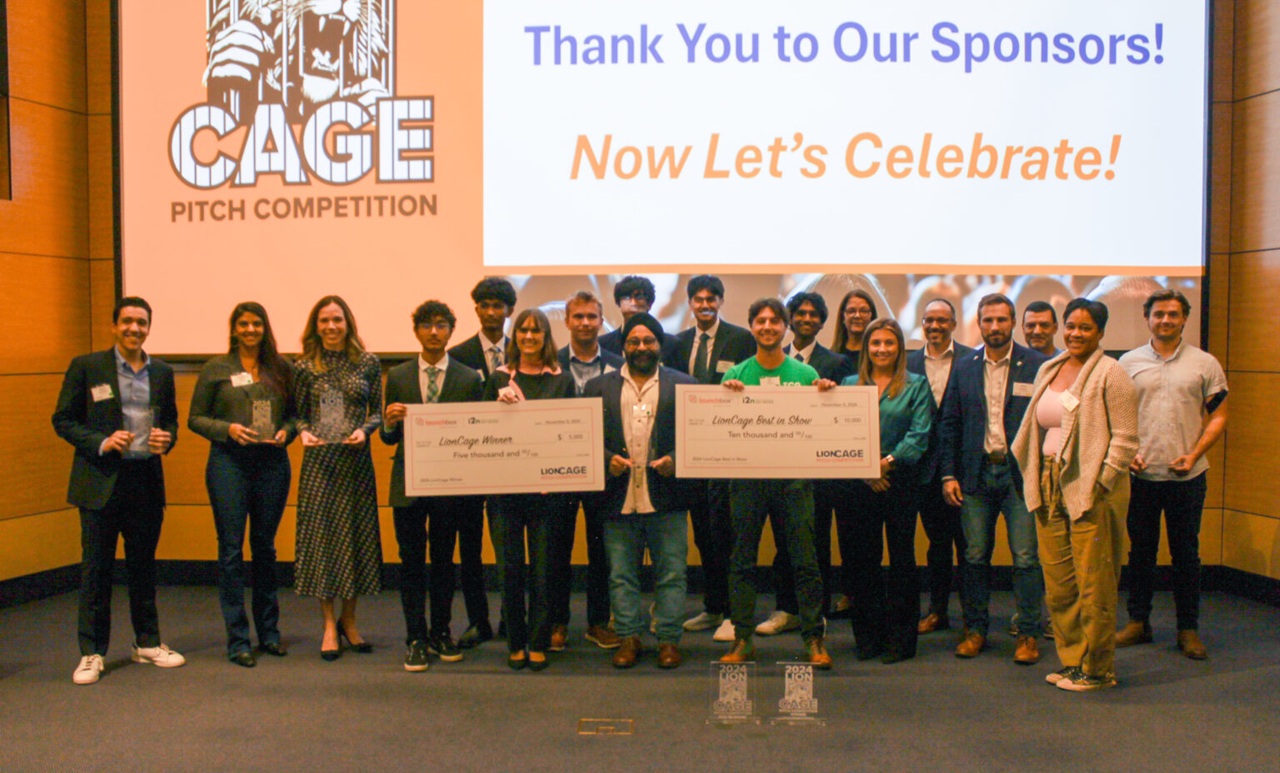
Devi Ramkissoon: A Model of Sustainability and Resilience
As executive director of SBN, she is committed to serving and advocating for the advancement of small businesses and underrepresented communities.
As a little girl in Guyana, Devi Ramkissoon immediately became exposed to the world of sustainability and sustainable living.
While she only lived in the South American country for a few years before moving to the U.S., her experiences there really shaped the person she is today and her perspective on the world.
Due to some of the economic challenges in Guyana, Ramkissoon and her family migrated to New York City when she was just a toddler.
“My experience living in poverty connected with the way that the community there rallied to support one another and really shaped the way that I view my work today,” said Ramkissoon during an interview with AL DÍA.
Two words that have guided both her life and career are sustainability and resilience.
Just a Way of Life
Ramkissoon can recall being a child in Guyana and experiencing her family repurposing materials to make other objects.
Her grandparents ran a small farm. In line, Ramkissoon remembers her grandfather hammering the tin roof to make other tools, and using a water barrel to provide clean water for watering plants and washing clothes.
“Those types of practices were part of daily life for me and really stayed with me as ways of survival to make it through a really tough economic situation,” Ramkissoon said.
Another memory that stuck with her was the sharing of resources in the communities.
Ramkissoon has memories of the families in her grandparents’ community sharing resources and food during especially challenging times.
Those concepts of sustainability and resilience traveled with her and her family as they began their new lives in the States.
“We really let those types of practices carry forward into our time as new immigrants to this country,” she said.
Coming to a new country brought its challenges; however, they relied on those very concepts and found a community of other families and immigrants who utilized similar practices.
While the term “sustainability” wasn’t a part of her vocabulary until later in her formative years, the concept has been a constant guiding principle throughout her life.
The Next Chapter
When entering college, Ramkissoon started out as an astrophysics major, believing she’d then catapult into a career as a scientist.
However, she got “bit by the social justice bug,” as she said, while an undergrad student at Swarthmore College.
Her many internships and externships include ones at a few social justice organizations, such as an organization that advocated for the rights of the South Asian American community after the 9/11 attacks.
That turned on a switch in Ramkissoon’s mind.
“I really came to understand that my goals and interests in life were about service and figuring out how I could channel that,” she said.
As a result, Ramkissoon switched her major to political science and English Literature, where she studied topics such as the roots of colonialism in her native Guyana and how former British colonies propelled themselves toward independence.
That experience helped her gain a more global perspective on the happenings of the world.
A Calling to Serve
Once Ramkissoon discovered that her calling was to serve, she started to pin down how exactly she would do so as a career option.
A big part of that discovery took place in grad school, when she earned a Master of Science in Foreign Service at Georgetown University.
While there, she focused on issues such as poverty reduction and economic development with a focus on working within farming communities.
That work drew parallels between her own upbringing and the struggles that communities in developing countries continued to face.
“A lot of my focus in grad school was in refining that and developing a foundation for doing that,” Ramkissoon said.
“I especially enjoyed my program because it had such a diversity of students. It was really important to me that I wasn’t taking classes only with other Americans and that I was hearing other perspectives that challenged my own and were different from my own,” she added.
The majority of her professional career took place at Chemonics International and the United States Agency for International Development (USAID), respectively, working primarily with farming communities at both stops.
At Chemonics, much of her time was spent working with the Famine Early Warning Systems Network. She managed multiple $100-$200 million-dollar projects that focused on data collection and analysis of indicators of famine around the world with the goal of famine prevention.
While her work was primarily focused in Sub-Saharan Africa, Ramkissoon oversaw 30-plus country offices around the world.
After 3 years, Ramkissoon decided she wanted to pivot from the humanitarian side of food security to more of the long-term development front.
That decision facilitated a move to USAID, where most of her time was spent working on former President Obama’s Feed the Future initiative, which sought to address global hunger and food insecurity.
There, her focus was primarily in South and Southeast Asia, where she’d often look at investments in projects that would improve the viability of farm businesses, increase farmer income, and support the environment, with a focus on women’s entrepreneurship.
The decade-plus working for those two organizations were quite fulfilling.
“For me, the most meaningful experiences were when I was directly working with the communities I served while living and traveling overseas,” Ramkissoon said.

Overall, the work tied closely to her passions for poverty reduction and economic development.
“It also closely tied to my passions for supporting women business owners, marginalized communities in different countries, and thinking more creatively about how to attract investment to those countries from outside investors,” she added.
Sustainable Business Network of Greater Philadelphia
In 2018, while still with USAID, Ramkissoon moved to Philadelphia. It marked a return to the region she had gotten to experience as an undergrad and earlier in her career.
After returning to the city more than a decade later, she began to reflect on the inner workings of the city.
While here during the first go-round, she felt the city had a lot of promise and positive economic development taking place.
However, upon returning she found it startling that many of the same challenges from a decade prior were still just as prevalent — if not, more so.
RELATED CONTENT
“I started feeling like, ‘there has to be a way to channel what I was doing overseas and apply that to the challenges of this city,’” said Ramkissoon.
While enduring the heightened level of need brought about by the pandemic, Ramkissoon was even more determined to do more to help her local community.
Naturally, she started searching for opportunities to do so and saw an opening with the Sustainable Business Network of Greater Philadelphia (SBN), which was looking for a new executive director.
That role was a perfect fit in terms of the work Ramkissoon had already been doing throughout her career and what she was interested in doing next for her local community.
“The ability to work with sustainable and local businesses was especially appealing because I had seen that businesses were really the driver of economic growth overseas, and really believe in that model,” she noted.
Being able to work with an organization that shared the same values she has lived by her entire life was an opportunity she couldn’t let slip away.
The Triple Bottom Line
In February 2022, Ramkissoon was officially installed as the new executive director of the Sustainable Business Network of Greater Philadelphia.
The mission of the SBN is to build a just, green, and thriving economy in the Greater Philadelphia region.
A big part of the SBN model is doing business under the Triple Bottom Line. The term was coined in 1994 by entrepreneur John Elkington and is a concept that puts an equivalent focus on the social and environmental impact of business as much as the financial.
“It’s people, planet and profit,” said Ramkissoon, proceeding to expand on each component.
“It’s doing business that serves people, whether those people are your own employees and their families, or the community in which you work or live.”
The planet component pertains to the ways to make a positive environmental impact through your business.
The final is profitability, the primary goal of most businesses.
“It’s important for every business to make a profit to survive, but there are ways to do that more sustainably,” said Ramkissoon.
SBN is the region’s only advocacy and membership organization for businesses committed to improving their environmental and social impact, as well as their profitability.
It’s a philosophy that Ramkissoon is fully behind.
The Future of Sustainable Business
To Ramkissoon, sustainability is no longer a choice.
“I think that all businesses have to become sustainable in order for our planet and our communities to survive,” she said.
Provided this, she is determined to work alongside the businesses that have already adopted the sustainable business model and simultaneously help those looking to get there.
Given the diversity of the Philadelphia region, Ramkissoon is cognizant of the importance of ensuring that all of SBN’s programs and events reflect the needs, experiences, and challenges that the diverse business community faces.
“It harkens back to my experience as a child,” she said. “I know that many diverse communities in this region have similar practices and experiences with sustainability… and I’m looking to work through SBN to highlight some of those experiences better so that more diverse businesses and communities can see themselves reflected in the work that we do.”
Partnering with the region’s diverse chambers of commerce, Community Development Financial Institutions (CDFIs), and other business advocacy and environmental organizations is another key to success.
“A success for us will mean a success for another organization, and similarly, a success for them uplifts us and allows us to continue to succeed in our work,” Ramkissoon added.
All in all, Ramkissoon’s goal is to help the region make sustainability a living, breathing practice that is a part of the way of life for local communities and businesses.











LEAVE A COMMENT: